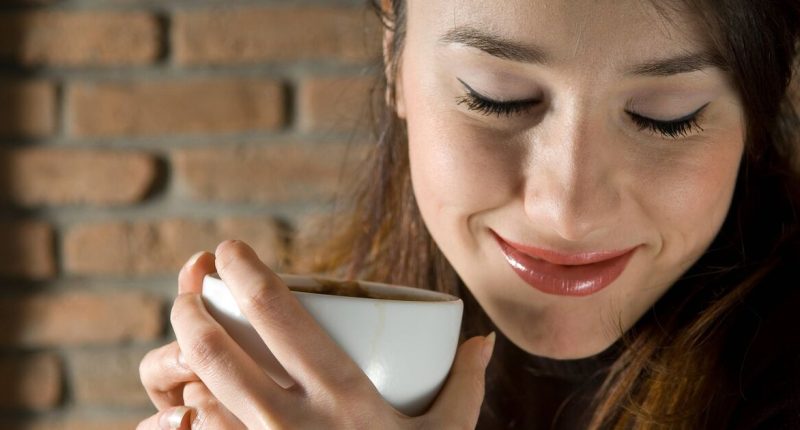Share this @internewscast.com
Whether it’s the flavour, the ritual, or the energising boost, coffee is a daily essential for many across the UK. It’s rich in antioxidants, helps with focus, and can even improve mood. But as more people prioritise hormone health and tune into how their bodies respond to stress and sleep, interest is growing in how coffee impacts our bodies overall.
According to Functional Medical Practitioner Dr Andrew Greenland, how your body responds to coffee is very personal – influenced by your levels of stress, quality of sleep, and even your sex. Dr Greenland told BeanSignal : “Drinking coffee right after waking up, so within the first 1-2 hours, might mess with your body’s natural cortisol (the stress hormone) rhythm. It could actually make you feel more tired later in the day or more ‘wired’ at night so should be avoided.
“Research has shown that having coffee between 10am and 11am works better for most people. This way it supports energy, without negatively affecting your sleep. Also people who wait 90-120 minutes after waking before having their first coffee tend to have more stable energy and have better hormone balance throughout the day.
“We have found that patients who have high levels of cortisol are due to them drinking too much coffee. When they cut down, and reduced intake to only one cup of coffee a day, stress hormones improved and sleep was a lot better.
“Drinking coffee on an empty stomach might hit your stress system harder. It’s not great if you’re already stressed or dealing with hormonal imbalances when you may be extra sensitive. Make sure that you are eating something before drinking your morning cup of coffee.
“For women, drinking coffee during the second half of the menstrual cycle (the luteal phase) can make PMS symptoms worse. That’s because caffeine raises cortisol when your body should be relying more on progesterone, a calming hormone. Many women report feeling a lot better hormonally when they stick to just one coffee a day during the follicular phase (the first half of the cycle) and cut it out during the luteal phase.
“The issue isn’t just coffee – it’s how it interacts with your body, your stress levels, your sleep-wake cycle and your hormones. Some people handle it fine, others feel worse over time without realising coffee is playing a role. So often it is down to the individual – so like everything, you should assess what works and doesn’t work for you and your body and hormones.”











